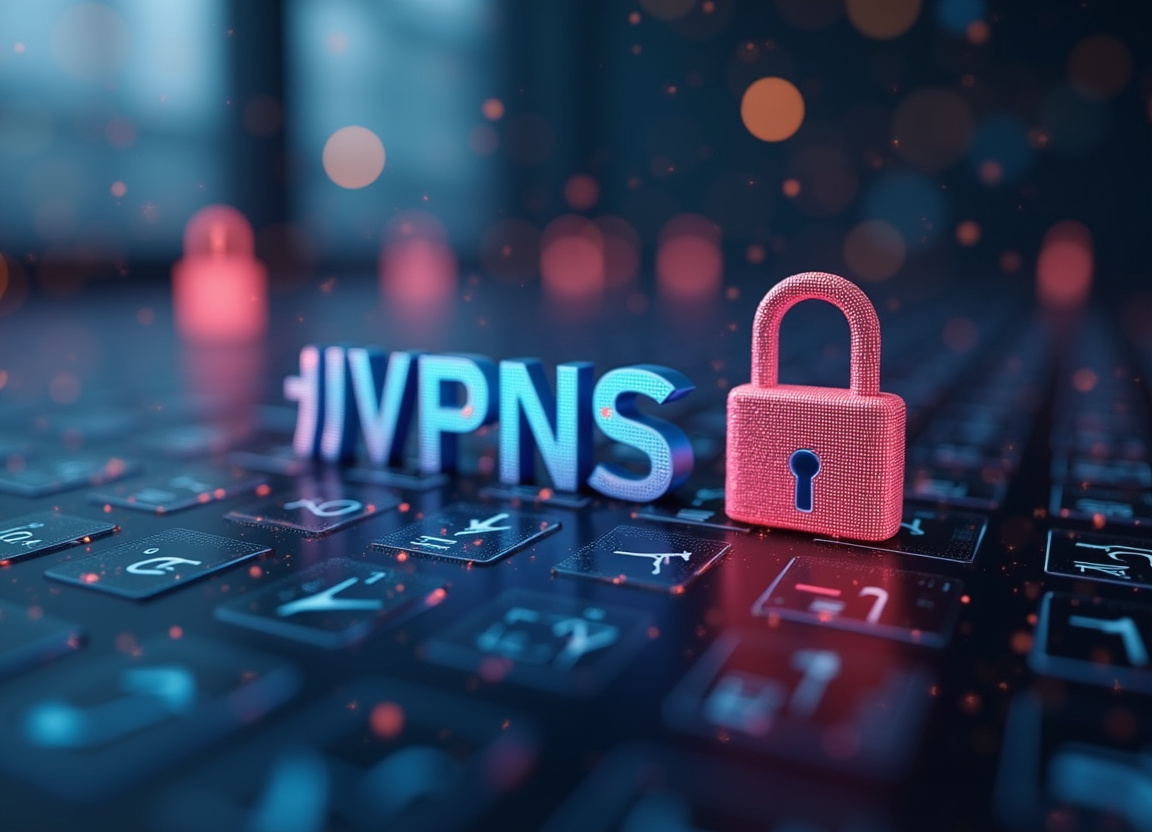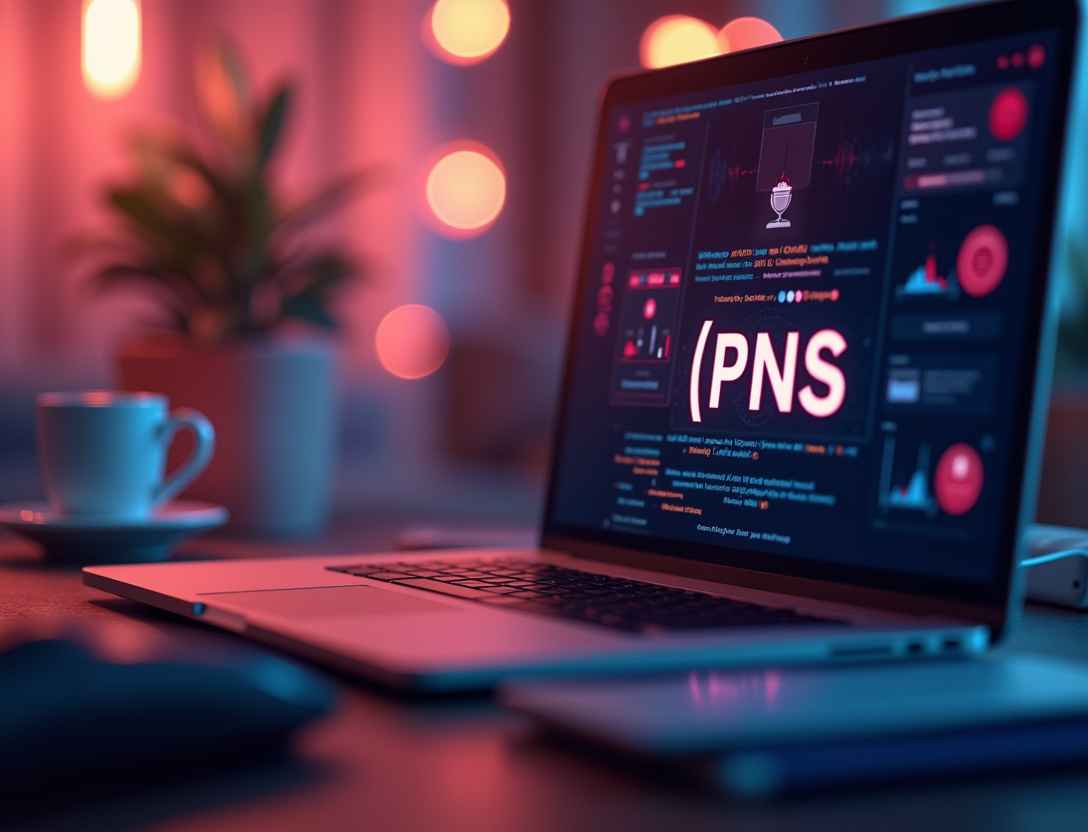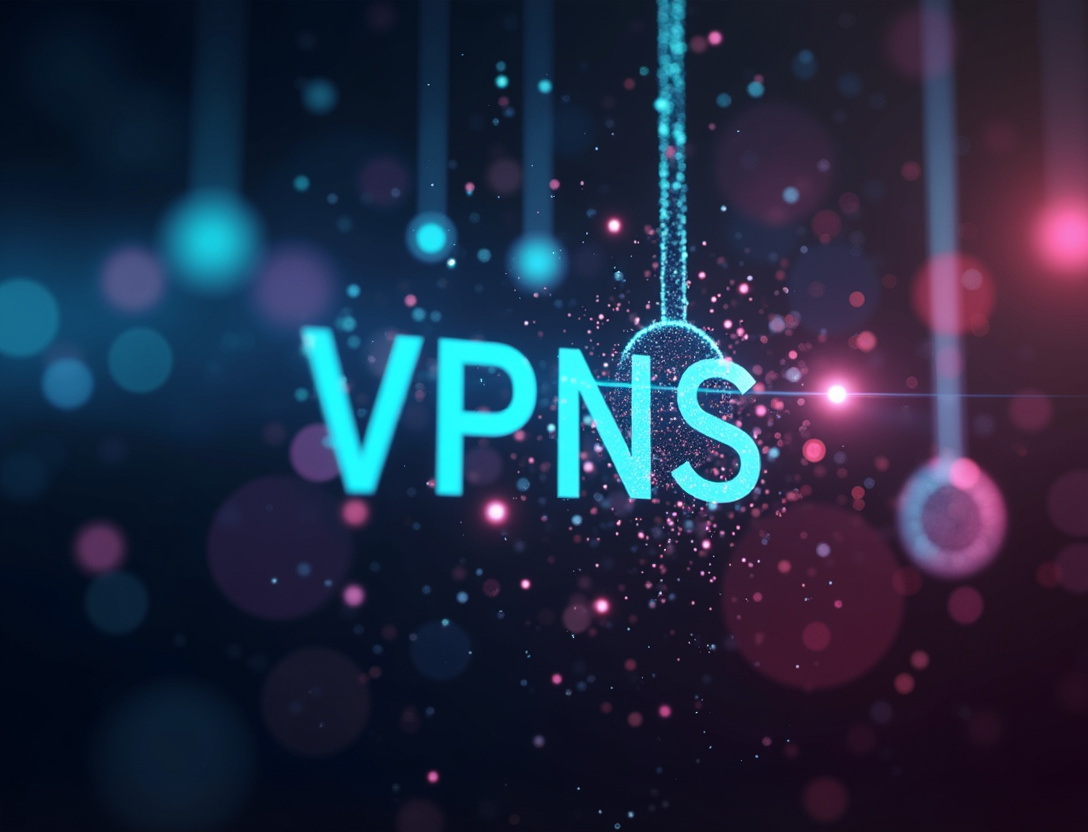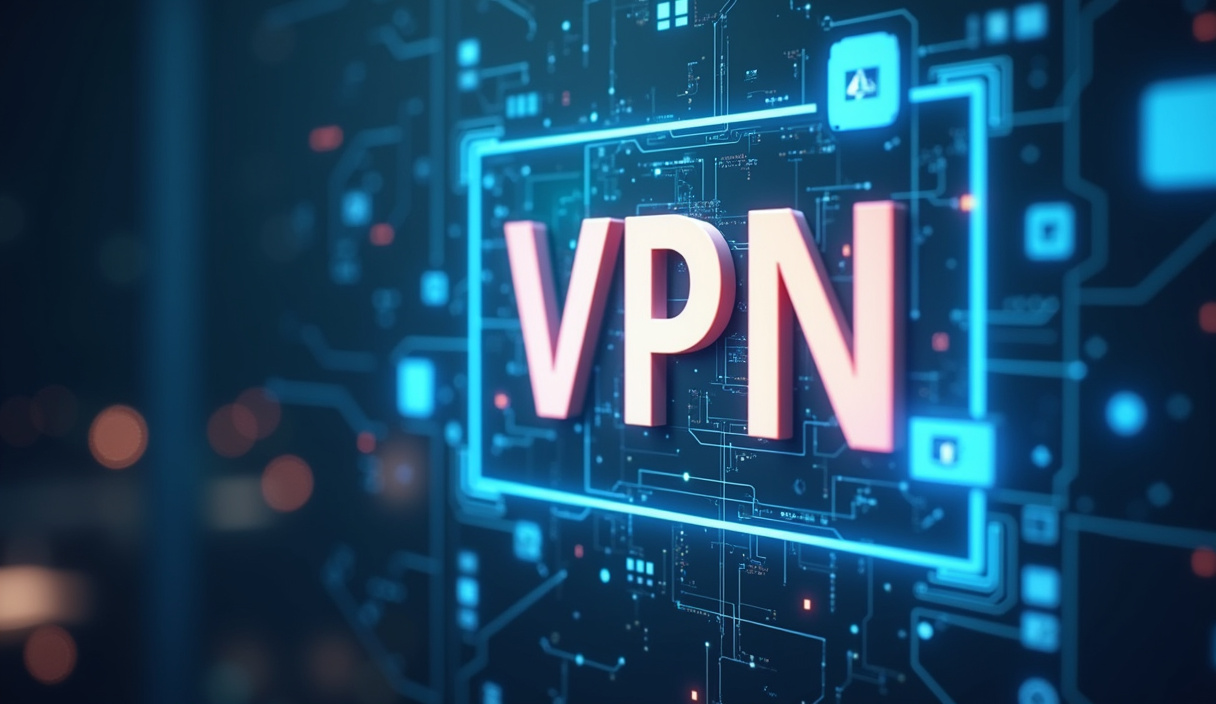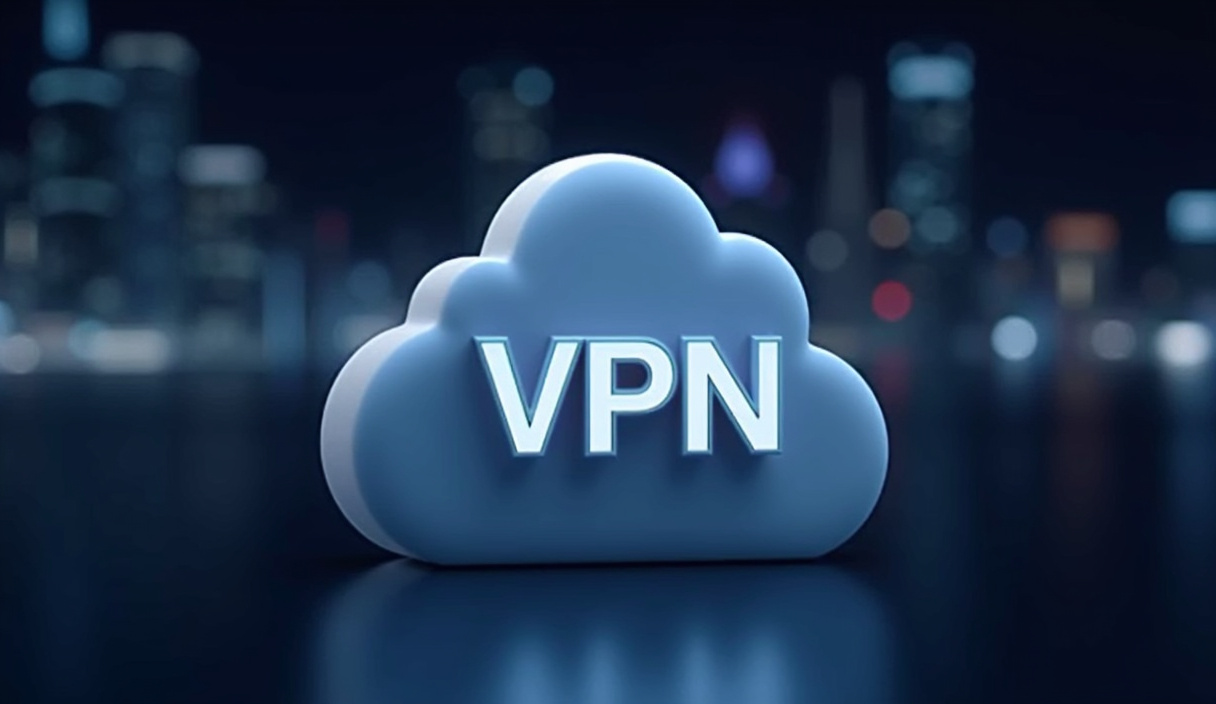VPNs for Livestreamers: Protecting Broadcast Content
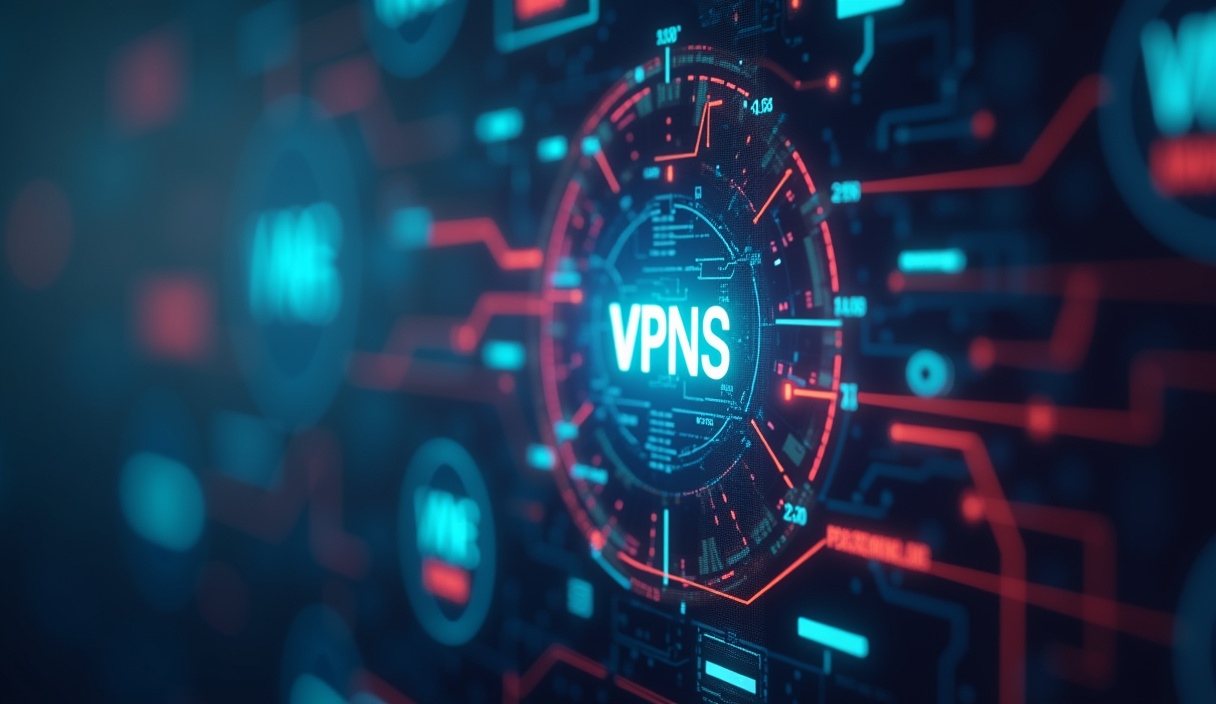
Table of Contents
VPNs for Livestreamers: Protecting Broadcast Content
In the electrifying realm of live online broadcasting, where content flows freely and immediacy reigns supreme, livestreamers face a unique and often overlooked set of vulnerabilities. The very nature of live content – its ephemerality and real-time delivery – makes it susceptible to a range of threats, from unauthorized access and distribution to censorship and geographic restrictions. To navigate this complex digital landscape and safeguard their creative endeavors, a Virtual Private Network (VPN) has emerged as an indispensable tool for content creators.
This article serves as a comprehensive guide, illuminating the multifaceted role of VPNs in protecting live streaming content. We will delve into the critical aspects of usage, scrutinize strategies for enhancing , underscore the importance of , explore measures ensuring , and ultimately, define the essential features of an effective . The underlying principle of a VPN's utility stems from its ability to establish a secure, encrypted tunnel for data transmission, effectively concealing the user's IP address and geographic location.
This fundamental function is paramount for livestreamers, particularly those who frequently travel, operate across international borders, or broadcast from regions with restrictive internet policies. By connecting to a VPN server strategically located in a different region, content creators can effortlessly bypass geo-restrictions, expand their audience reach, and circumvent potential censorship measures that might otherwise constrain their broadcasts. Think of a VPN as erecting a secure, private conduit through the digital ether, shielding your valuable content from unwanted intrusions and restrictions.
The IP address cloaking is vital in guarding against potential cyberattacks that exploit location data. Beyond simply circumventing geo-restrictions, a VPN substantially bolsters by meticulously encrypting the livestream data itself. This encryption process renders the content virtually unintelligible to unauthorized parties, significantly mitigating the risk of interception and theft.
Encryption transforms readable, vulnerable data into an unreadable cipher, guaranteeing that even if intercepted, the broadcast remains inaccessible to those without the appropriate decryption key. This is particularly imperative for livestreamers who routinely handle sensitive or confidential information during their broadcasts, shielding them from potential repercussions arising from data breaches. Furthermore, VPNs play a crucial role in mitigating the threat of Distributed Denial of Service (DDoS) attacks, a common weapon in the arsenal of online disruptors.
These attacks, designed to overwhelm a target server with a deluge of malicious traffic, can effectively cripple a livestream, rendering it inaccessible to legitimate viewers. By masking the streamer's true IP address, a VPN effectively shields the broadcast from direct targeting, making it significantly more difficult for attackers to launch a successful DDoS assault. Many VPN providers further enhance by offering integrated DDoS protection as a core service, offering a multi-layered defense against malicious actors.
The use of VPNs for livestreamers is not just about guarding against external threads, it also contributes to by limiting the unauthorized usage and distribution of streamed content. Many livestreaming platforms possess well-defined, rigorous copyright policies. A VPN can aid streamers in avoiding legal headaches and inadvertent copyright infringement issues by concealing their location and thus preventing the detection of potentially unauthorized content usage, allowing for better management of their content rights.
VPN for creators
For content creators, a isn't merely a security measure; it's a strategic investment in their brand integrity and long-term reputation. Consider a content creator hosting a live Q&A session from a hotel room while traveling abroad. Unexpectedly, the hotel's internet connection proves unreliable, suffering from intermittent dropouts and unacceptably slow speeds.
Without a VPN, the stream would likely be plagued by buffering and disconnections, frustrating viewers and potentially damaging the streamer's credibility. With a VPN, however, the streamer can connect to a server in a more stable location, ensuring a consistent and high-quality broadcast. This demonstrates a commitment to professionalism and ensures that the content creator can reliably fulfill their promises to their audience, bolstering their brand image.
In addition, numerous VPN providers offer features specifically designed to optimize the streaming experience, such as specialized streaming servers and enhanced bandwidth allocation. These features are critical for content creators who demand the highest possible video quality and minimal latency during their broadcasts. Optimized servers are configured explicitly for streaming, providing reduced ping times and increased throughput, minimizing lag and buffering for a seamless and enjoyable viewing experience.
For example, using these optimized streaming servers, allows gaming streamers to ensure their game runs smoothly with the lowest possible delay between streamer and game. When choosing to use a VPN for enhanced , a key factor is the availability of features such as split tunneling. Split tunneling allows users to selectively route specific types of traffic through the VPN while allowing other traffic to bypass it and use the regular internet connection.
This can be particularly beneficial for livestreamers who use multiple applications simultaneously, such as streaming software, chat clients, and web browsers. By routing only the streaming traffic through the VPN, the streamer can maintain a secure connection for their broadcast while allowing other applications to operate at full speed without the overhead of the VPN encryption. This targeted approach maximizes performance and minimizes the impact on overall system resources.
Selecting a suitable VPN service requires careful consideration of several crucial factors. Server locations, bandwidth capacity, and encryption protocols are paramount. The number of servers distributed around the world is crucial for minimizing latency and maximizing bandwidth.
A VPN with a vast network of servers strategically located in diverse regions allows livestreamers to connect to a server that is geographically closest to their location, or to the location of their target audience, resulting in significantly reduced ping times and enhanced connection speeds. This proximity is crucial for maintaining a stable and reliable stream, particularly when broadcasting high-definition video content. Strong encryption protocols, such as Advanced Encryption Standard (AES) with a 256-bit key (AES-256), are non-negotiable to guarantee that the livestream data is effectively shielded from interception and unauthorized access.
AES-256 is widely regarded as one of the most secure encryption algorithms available and is employed by governments and security agencies worldwide. Another crucial factor is platform compatibility. The ideal VPN solution should be seamlessly compatible with a wide range of streaming software platforms and hardware devices, guaranteeing a streamlined and trouble-free integration process.
The VPN must be compatible with operating systems, cameras, and other streaming hardware or software currently in use or planned for future projects. Finally, one must thoroughly weigh and measure the importance of customer service. Even the best solutions may occasionally suffer technical problems, making dependable and informed customer assistance essential.
A VPN provider with responsive and knowledgeable customer support can quickly resolve any issues, significantly minimizing downtime and enabling continuous, uninterrupted broadcasting. This support should include readily available information via online knowledge bases, in addition to access to quick response teams and troubleshooting.
livestream VPN
The importance of IP address masking for livestreamers is paramount and cannot be overstated. An IP address serves as a unique digital fingerprint, a precise identifier assigned to every single device that connects to the internet. This seemingly innocuous string of numbers provides a wealth of information, revealing not only a user's approximate geographic location but also potentially exposing their online activities to surveillance and tracking.
Without the protection afforded by a VPN, a livestreamer's IP address is readily visible, making them vulnerable to a myriad of threats, both online and potentially offline. Doxing, one of the most insidious and prevalent of these threats, involves the malicious gathering and dissemination of an individual's personal information online, including their home address, phone number, workplace, and other sensitive details. This information can then be used to harass, intimidate, or even physically endanger the victim.
By diligently masking their IP address, livestreamers can effectively safeguard their personal information, thereby thwarting potential doxing attempts and mitigating the risk of real-world harm. Moreover, obscuring the IP address prevents malicious actors from pinpointing the stream's precise geographic origin. This location data, if exposed, could be exploited to disrupt the stream through highly targeted attacks, the dispatching of emergency services to the streamer's location under false pretenses (a practice known as "swatting"), or even the planning of real-world physical threats.
The threat of physical harm due to an exposed location is very real for certain types of streamers. By using a this can all be avoided. Beyond merely protecting against direct threats and physical dangers, IP address masking empowers livestreamers to sidestep censorship measures and navigate around geo-restrictions imposed by governments or content platforms, enabling them to gain access to a larger audience and ensure .
Many countries maintain stringent internet policies that severely restrict access to specific websites and content, often censoring political viewpoints, social commentary, or artistic expression. By connecting to a VPN server located in a different country with more relaxed internet regulations, livestreamers can effectively bypass these restrictions and reach viewers in regions where their content might otherwise be blocked or censored. This is particularly crucial for livestreamers who focus on sensitive or politically charged topics, ensuring that their voice is heard and their message resonates with a global audience.
Furthermore, effective IP address masking adds a crucial layer of anonymity, hindering malicious actors from tracking the streamer's online activities, associating their real-world identity with their online persona, and potentially threatening their overall . By concealing their true location, the streamer makes it significantly more difficult for potential stalkers, harassers, or other ill-intentioned individuals to gather information about them and potentially pose a threat to their physical safety. The impact of this added layer of security and anonymity cannot be understated, providing livestreamers with a much-needed sense of peace of mind and allowing them to focus on creating engaging content without the constant fear of being targeted or exposed.
The ability of a to change the apparent location dramatically expands the global reach of content, boosting viewership and potential earnings by concentrating on particular demographics and opening up distribution networks. This guarantees enabling content creators to handle the delivery of their material.
livestream VPN
Reliable and consistent performance stands as a cornerstone of any VPN geared towards livestreamers. A VPN that introduces significant latency, reduces upload speeds, or suffers from frequent disconnections is simply unusable for live broadcasting. The ideal VPN should provide a seamless and transparent experience, allowing the streamer to focus on their content without having to constantly worry about technical issues.
This reliability hinges on several key factors, including the VPN provider's network infrastructure, server capacity, and the efficiency of its routing algorithms. A VPN with a robust and well-maintained network infrastructure, featuring a large number of servers strategically located around the globe, is far more likely to deliver consistent and high-quality performance, even during peak usage times. Moreover, the VPN provider's server capacity plays a crucial role in ensuring reliable performance.
If a VPN's servers are consistently overloaded with users, the streamer will likely experience slowdowns, buffering, and disconnections. The ideal VPN provider should invest in sufficient server capacity to accommodate its user base, ensuring that each server has enough bandwidth to handle the demands of streaming high-definition video content. Also important are the underlying mechanisms of encryption, which use bandwidth.
The best VPN's make use of high end encryption that does not impact speed. In addition to network infrastructure and server capacity, the efficiency of the VPN's routing algorithms plays a critical role in determining its overall performance. Routing algorithms are responsible for determining the optimal path for data packets to travel between the streamer's device and the VPN server.
Efficient routing algorithms can minimize latency and improve upload speeds, resulting in a smoother and more reliable streaming experience. The key is that the should provide high performance. Ideally, the VPN provider should have a history of delivering consistent and reliable performance, with minimal downtime and few reported issues.
User reviews and independent tests can provide valuable insights into a VPN's real-world performance. For measures the safety of the data is also important. Streamers need to make note of security features such as a kill switch.
A kill switch will automatically disconnect the internet if the VPN connection drops. This assures the true IP address is never revealed. Streamers should also make use of two factor authentication to prevent unauthorized access to VPN accounts.
Choosing VPN services with secure core infrastructure. Providers should make sure to keep all OS and server software are constantly updated with the newest security patches. Transparency and trustworthiness are exceptionally valuable in the realm of VPNs.
Given that users are entrusting their data security and online privacy to these providers, it's crucial to select a company with a solid history of ethical conduct and open procedures. One approach to judge a VPN provider's integrity is to scrutinize their privacy policies. A credible provider will explain in plain terms what data they gather, how it is used, and whether it is communicated to third parties.
Stay away from services that use obscure language or retain too much user data. Seek out VPN providers with a commitment to open source projects and also routine security audits conducted by unbiased third parties. Open source software enables experts to analyze the code for security flaws or concealed backdoors assuring .
Third-party audits offer unbiased confirmation of the provider's security protocols and regulations, providing consumers more reassurance in the service's skills. To assess what data the VPN provider collects and how they handle the data. It is important to fully understand their logging policy.
Also make sure to review the VPN provider's jurisdiction since certain countries have more strict data retention regulations. Pick a VPN service in a data-protection legislation nation that respects user privacy rights to further increase trust and security. Pick a service which offers a variety of safe and fast protocols such as OpenVPN, IKEv2, and Wire Guard to allow users to customize their degree of protection predicated on their requirements and available technologies.
content protection
The online environment poses various threats, demanding that livestreamers take proactive measures to secure their broadcasts and maintain a safe online presence. VPNs are very important when it comes to and . These methods provide a line of protection protecting live information from unwanted access, censorship, and possible cyberattacks.
Through encryption of data traffic, hiding IP addresses, and preventing geo-restrictions from taking effect, VPNs allow streamers to broadcast with security, control, and ease. There are a number of key things content producers need to remember as they continue to depend on VPNs: First off, locate trustworthy VPN service providers that value privacy, openness, and dependable effectiveness. To make well-informed choices, carefully evaluate the privacy policies, security features, server infrastructure, and customer feedback of each supplier.
Second, make sure that their streaming gear and programs work flawlessly with whatever VPN service they select. To guarantee top efficiency and interoperability, take the time to set up and fine-tune VPN settings for certain streaming setups. Thirdly, it is essential to stay up to date on the newest VPN application innovations, security procedures, and rising dangers.
Streamers may improve their security posture and protect themselves from new challenges by consistently learning about market trends, security updates, and best practices. usage enhances the experience for both the broadcasters and the viewers. Using a VPN may enable streamers to get around geographical restrictions, connect with a wider audience, and provide customized content to particular locations, hence boosting viewership and interaction.
VPNs provide viewers with a safer and unobstructed streaming experience at the same time, allowing them to access their favourite shows from anywhere without being subject to surveillance or censorship. In the end, VPNs serve as a link to trust, protection, and empowerment in the ever-changing world of live streaming for . Streamers can safely traverse the digital landscape, display their talents, and connect with viewers all over the globe by using the power of VPNs.
As the live streaming industry develops, VPNs will be essential to defending content, encouraging creativity, and guaranteeing a secure and inclusive broadcast platform for everyone.
Stay Updated
Get the latest VPN news, tips, and exclusive deals to your inbox.
